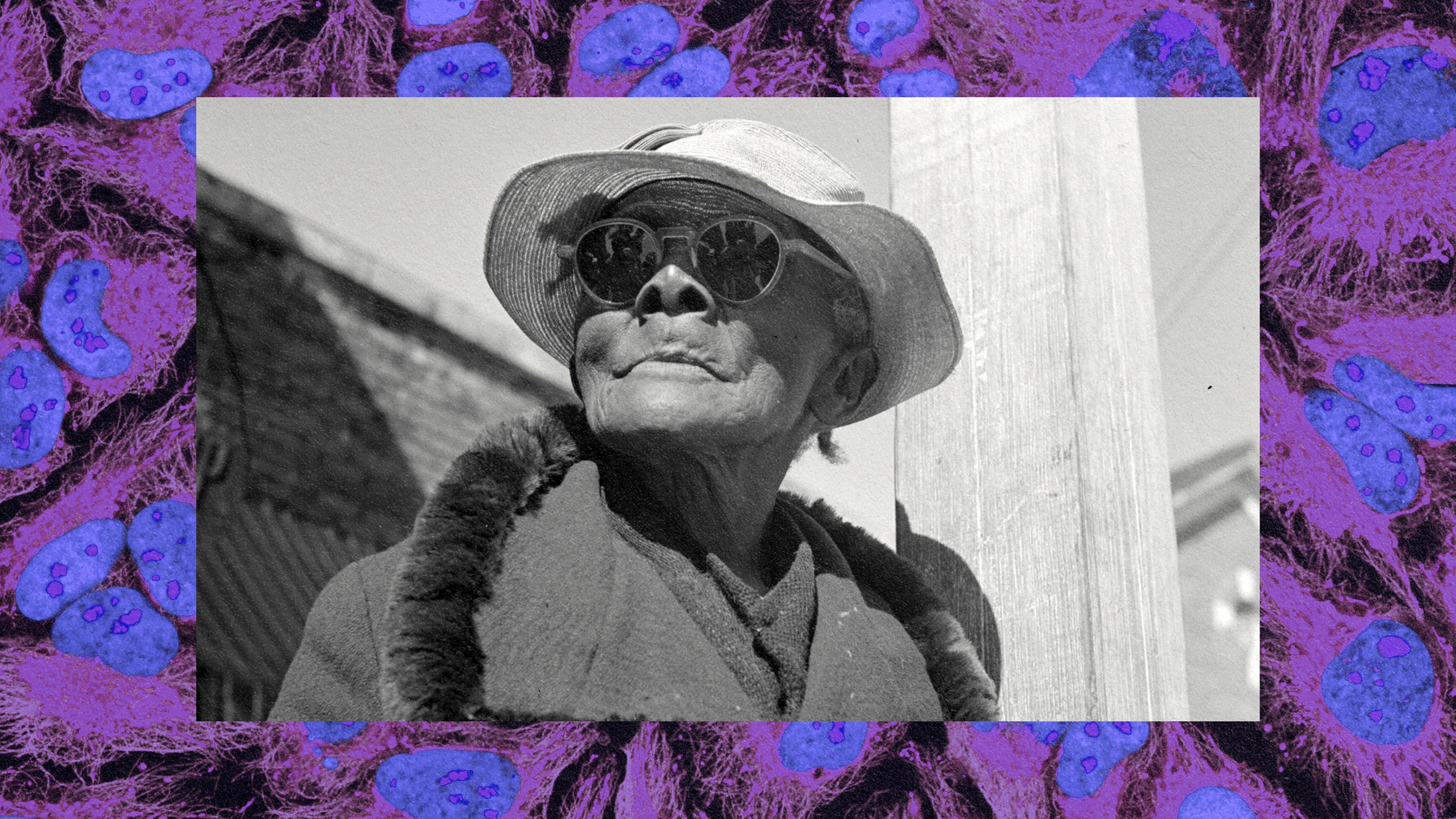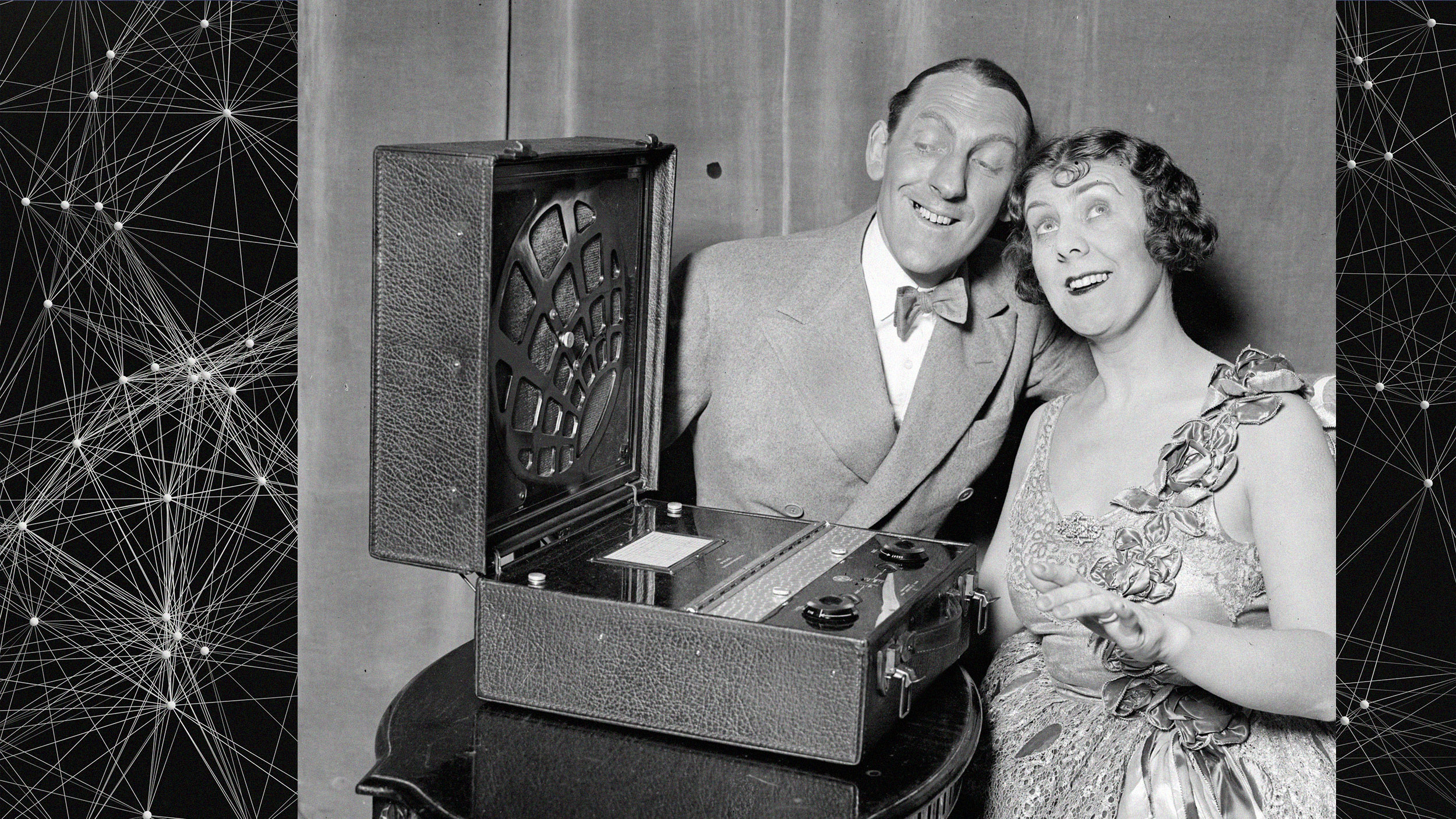human body
France’s notorious disregard for washing gradually changed as military authorities and public schools promoted a modern regime of cleanliness.
Chronic pain is often driven by brain processes that can be reprogrammed.
Want to be more intelligent? Here’s why you should hit the gym, according to neuroscientist Wendy Suzuki.
▸
4 min
—
with
If not treated, the disorder drastically increases one’s risk of death.
The stench of death is actually fairly pleasant.
“I think it has a real chance to reverse motor symptoms, essentially replacing a missing part.”
To put things in perspective, the cost of sequencing a single genome in 2012 was around $10,000.
Exercise neuroscientist Wendy Suzuki explains how your brain can age gracefully and optimally — and it starts with just a 10-minute walk.
▸
4 min
—
with
Sweet, bitter, salty, sour. These are the four basic tastes we were taught in grade school. But there is a fifth: umami. And it’s everywhere.
Football is a risky sport, but bicycling to work is far more dangerous.
Medical psychologist Catherine Monk explains how prenatal mental care benefits both mothers and babies.
The polymath used science to elevate his art.
AI is helping us replace petrochemicals with natural enzymes.
Listening to some songs can cause a powerful physiological response known as “frisson.” What is it, and why does it happen?
Bad news: Sleeping in on the weekends probably won’t cut it.
The best orgasms come when you learn how to unlock a sexual “flow state.” Emily Nagoski, a sex educator, shares a meditation to help you get started.
▸
11 min
—
with
Don’t argue with science. Just do it.
These landscapes — of geographical differences in head shapes — have vanished from acceptable science (and cartography).
Someday, scientists could use stem cells to guide the development of synthetic organs for patients awaiting transplants.
Philosophy can focus on some dull topics. Luckily, some thinkers have spent lots of time on the philosophy of sex
Decades of Alzheimer’s research might have missed a cellular culprit hiding in plain sight.
Your heart rate reveals your brain activity, which in turn can predict hit songs — and maybe stock performance, as well.
The topical gene therapy could one day help millions regain their vision.
A primer on Judith Butler’s theory of gender and performativity.
Exercise can have surprisingly transformative impacts on the brain, according to neuroscientist Wendy Suzuki. It has the power not only to boost mood and focus due to an increase in […]
▸
with
“I am not sick at all but everyone around me becomes sick.”
As cells divide, they must copy all of their chromosomes once and only once, or chaos would ensue. How do they do it? Key controls happen well before replication even starts.





























